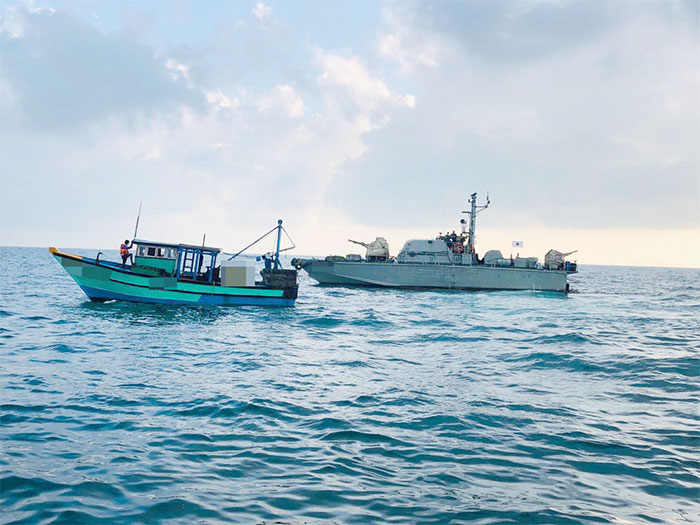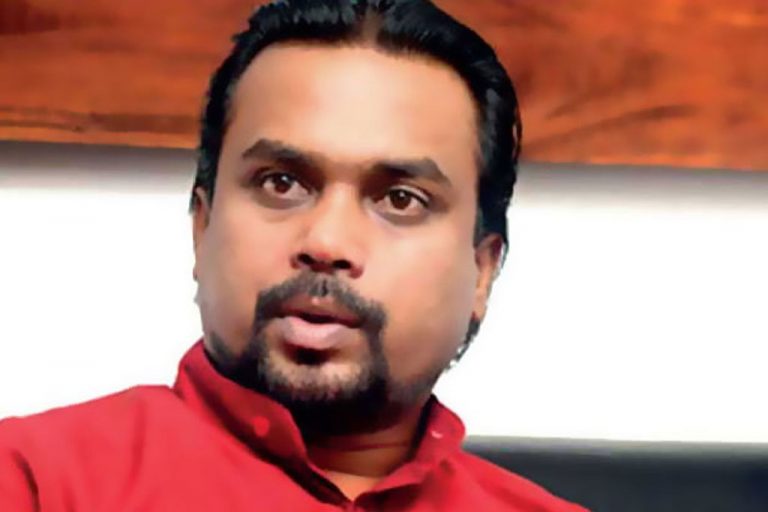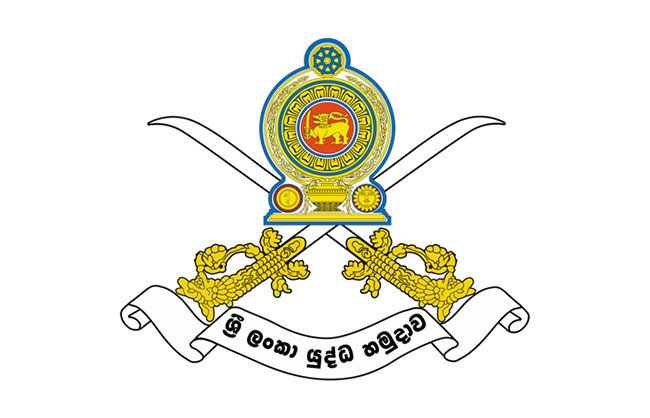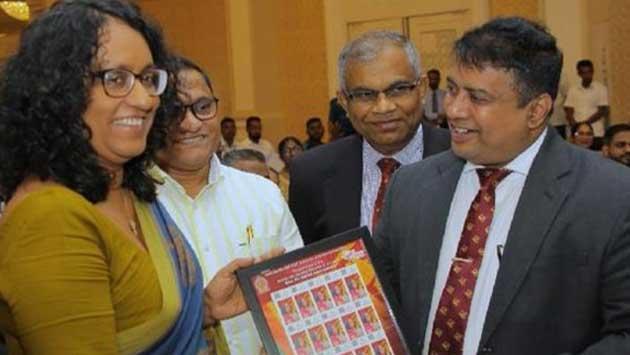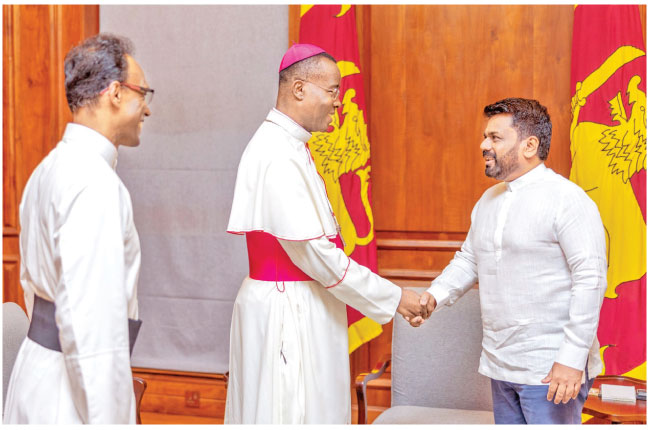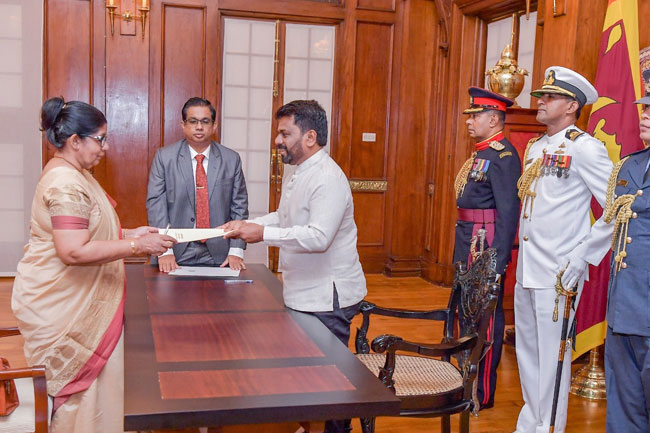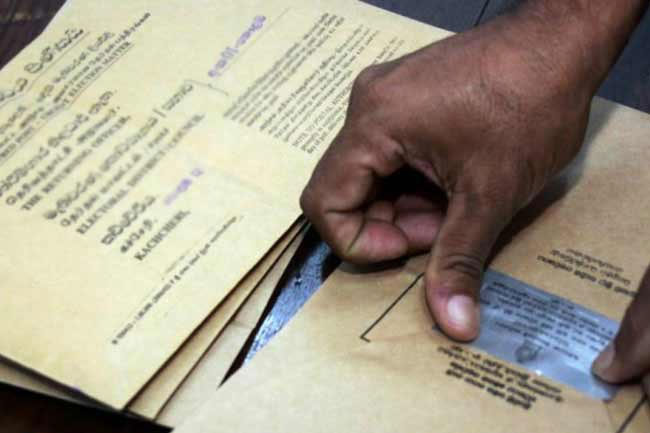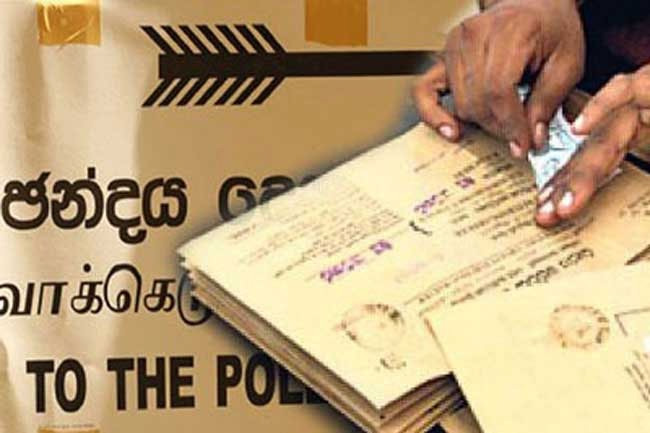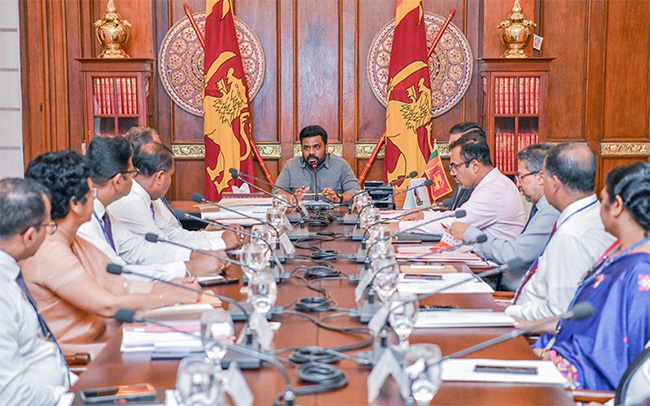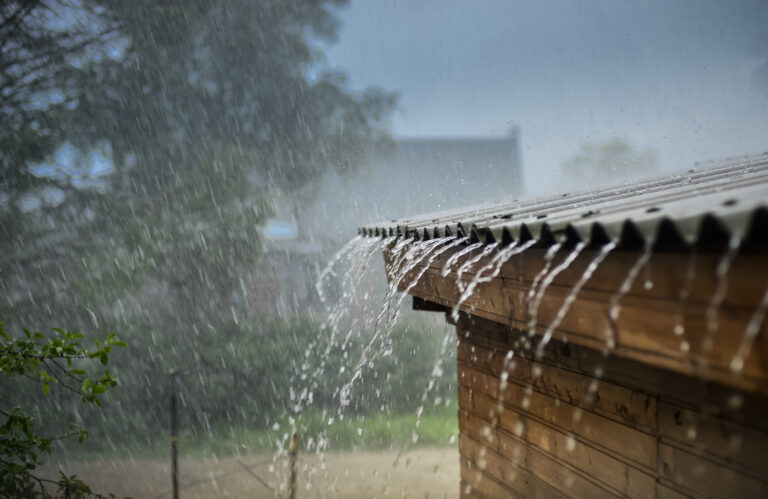By: Isuru Parakrama
October 10, Colombo (LNW): Sri Lankan authorities have intensified efforts to address the ongoing issue of Indian trawlers fishing in Sri Lankan waters, a problem that has fuelled tensions between the two neighbouring nations.
As of 2024, the Sri Lanka Navy has seized 59 Indian trawlers and detained 434 Indian fishermen for illegal fishing, handing them over for legal proceedings.
In a recent operation, the Navy arrested 21 Indian fishermen and confiscated four trawlers near Delft Island.
The Northern Naval Command deployed Fast Attack Craft and Coast Guard vessels to intercept the illegal activity, reflecting the continued resolve to prevent unauthorised fishing within Sri Lanka’s maritime boundaries.
The trawlers and the fishermen have been taken to the Kankesanthurai Harbour, where they will be handed over to the relevant authorities for further legal action.
The Navy’s ongoing patrols aim to protect the livelihoods of local fishermen, who have long suffered the consequences of overfishing and depletion of resources due to these incursions.
The escalating situation is not merely a legal or diplomatic issue, but one deeply rooted in the inability of both Indian and Sri Lankan authorities to fully grasp the challenges faced by fishing communities.
Without addressing the economic pressures and traditional fishing rights on both sides, tensions are likely to persist, creating further strain on bilateral relations.
The Sri Lankan Navy remains vigilant in its efforts to safeguard the country’s maritime resources whilst calling for greater cooperation between the two nations to find a lasting resolution.


